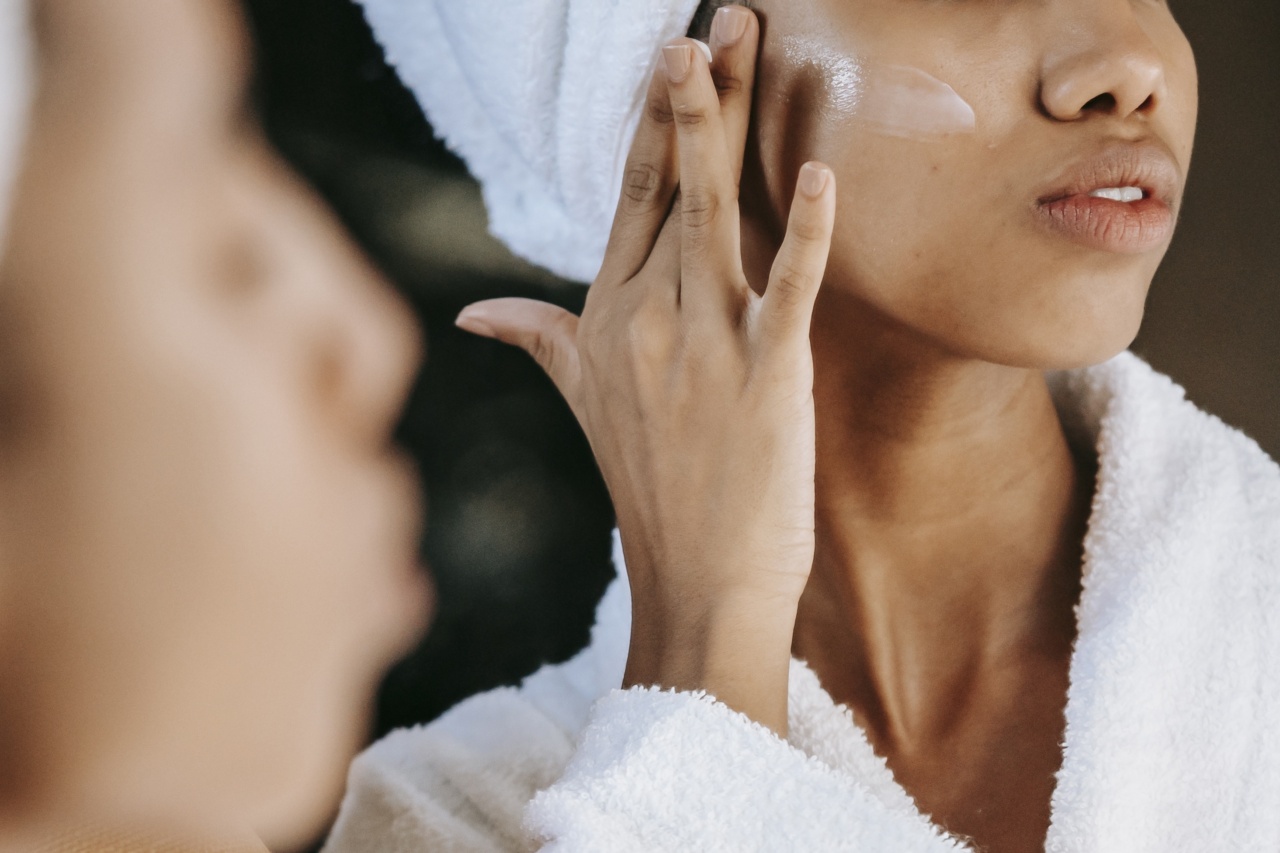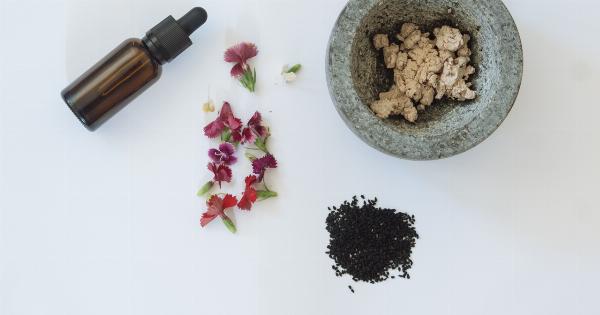Sensitive skin requires extra care and attention when it comes to skincare products. While many ingredients deliver benefits to the skin, certain ones may cause irritation and discomfort, making it essential to identify and avoid them.
In this article, we will explore six common ingredients that can irritate sensitive skin, enabling you to make informed choices and maintain a healthy complexion.
1. Fragrance
Fragrance is a common culprit when it comes to skin irritation. Many skincare and beauty products contain artificial fragrances to provide a pleasant scent.
However, these synthetic fragrances often contain chemicals that can trigger allergic reactions in individuals with sensitive skin. If you experience redness, itching, or rashes after using scented products, it’s advisable to opt for fragrance-free alternatives.
2. Alcohol
Alcohol is a prevalent ingredient in skincare products due to its ability to act as a preservative, texture enhancer, or vehicle for other ingredients.
However, certain types of alcohol, such as denatured alcohol or ethanol, can be harsh on sensitive skin. These alcohols have a drying effect, stripping the skin of its natural oils and disrupting its moisture barrier.
Look for products labeled “alcohol-free” or those that contain fatty alcohols, like cetyl or stearyl alcohol, which are less likely to cause irritation.
3. Parabens
Parabens are a class of preservatives widely used in cosmetics and skincare products to prevent the growth of bacteria and mold. However, some individuals may develop allergic reactions or skin sensitivities to these chemicals.
If you have sensitive skin, it is recommended to choose paraben-free products or those preserved with alternative methods, such as natural preservatives or airless packaging.
4. Sulfates
Sulfates, particularly sodium lauryl sulfate (SLS) and sodium laureth sulfate (SLES), are foaming agents commonly found in cleansers, shampoos, and body washes.
While they effectively remove dirt and oil, sulfates can also strip the skin of its natural moisture, leading to dryness and irritation. Look for sulfate-free alternatives or products containing milder surfactants like coco-glucoside or decyl glucoside.
5. Essential Oils
Although essential oils are often lauded for their natural fragrances and potential skincare benefits, they can be problematic for individuals with sensitive skin.
Essential oils like lavender, citrus, or peppermint contain volatile compounds that can cause skin irritation, inflammation, or even chemical burns in higher concentrations. If you have sensitive skin, it’s advisable to minimize exposure to essential oils or conduct a patch test before incorporating them into your routine.
6. Artificial Colorants
Colorants are commonly used to enhance the appearance of skincare and beauty products. However, artificial colorants, such as FD&C dyes, can pose a risk for sensitive skin.
These synthetic colorants may cause irritation or allergic reactions, resulting in redness, swelling, or itching. Opt for products that are free from artificial colorants or those that use natural colorants derived from fruits, vegetables, or minerals.
Conclusion
By being aware of common ingredients that can cause irritation for sensitive skin, you can make informed decisions when selecting skincare products.
Remember to always read ingredient lists carefully and choose products that are specifically formulated for sensitive skin. Avoiding ingredients such as fragrance, alcohol, parabens, sulfates, essential oils, and artificial colorants can help maintain a healthy and calm complexion, allowing your skin to thrive.


























